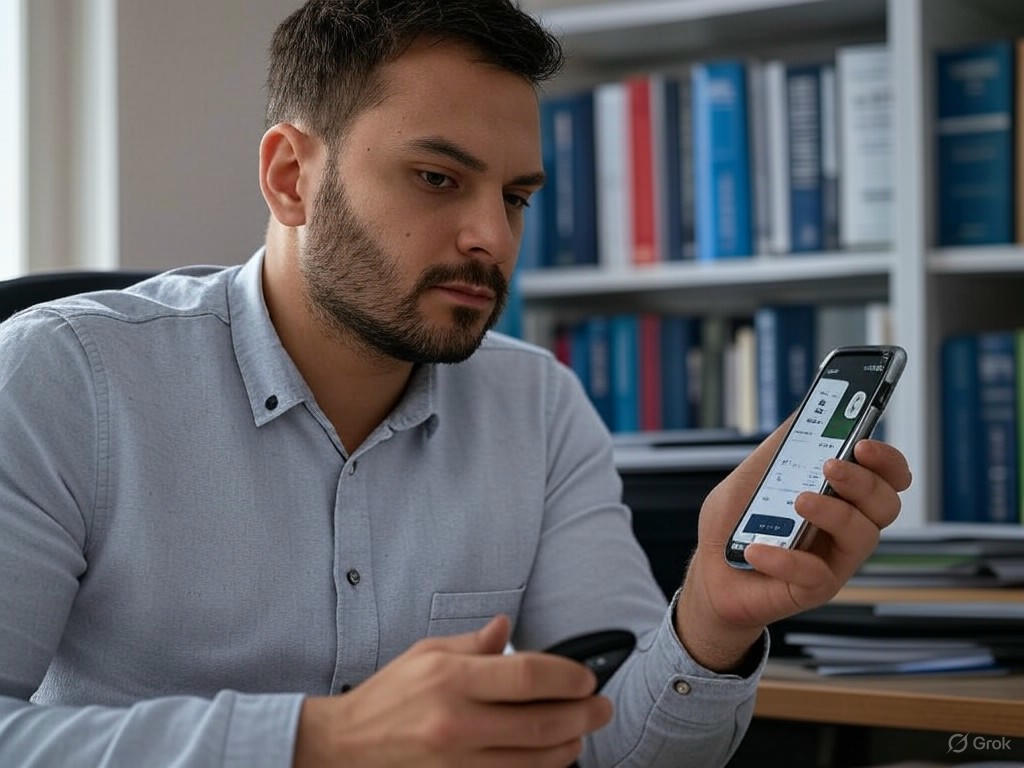Can an App Predict Your Lifespan? My Eye-Opening Experience
In a world where technology seems to predict everything from weather patterns to stock market trends, I stumbled upon an app that claimed it could estimate how many years I might have left. Skeptical but intrigued, I downloaded it, curious to see if a digital tool could offer meaningful insights into my future. The app’s tagline—something about knowing your timeline to alter your destiny—struck a chord. What if a few data points could nudge me toward a healthier, longer life?
Diving into the app, I was prompted to input details about my age, weight, exercise habits, diet, and even stress levels. It also asked about family health history and whether I smoked or drank alcohol regularly. Within minutes, it churned out a personalized report, complete with a projected lifespan and a breakdown of factors influencing it. The number it gave me wasn’t just a cold statistic; it came with a list of risk factors tailored to my lifestyle. Seeing that my sedentary desk job and love for fast food could shave off years was a wake-up call. But what hit harder was the app’s actionable advice. It didn’t just point out flaws; it suggested small, manageable changes—like swapping soda for water or taking a 20-minute walk daily—that could potentially add years to my life.
What made this experience truly transformative wasn’t the prediction itself but how it reframed my perspective. I’ve always known that habits matter, but seeing them quantified in terms of lost or gained years was powerful. The app highlighted how stress, something I often brushed off, was a silent thief of vitality. It recommended mindfulness practices and better sleep routines, which I’ve since started experimenting with. I’m not saying I’ve turned my life upside down overnight, but I’ve become more intentional. I now think twice before skipping a workout or indulging in late-night snacks. Beyond personal health, the app also got me thinking about broader implications. Could tools like this inspire a cultural shift toward prevention over cure? Imagine workplaces or schools integrating such technology to promote wellness. Of course, there’s a flip side—privacy concerns and the risk of over-relying on algorithms. A lifespan estimate is, after all, just an educated guess, not a crystal ball.
Reflecting on my journey with this app, I’m grateful for the nudge it provided. It didn’t just throw a number at me; it handed me a mirror to evaluate my choices. While I won’t live my life dictated by an algorithm, I’ve embraced the reminder that small tweaks today can ripple into a healthier tomorrow. If technology can spark even a sliver of motivation to prioritize well-being, isn’t that worth a download? For me, this digital experiment wasn’t about predicting an end but about inspiring a better beginning.


